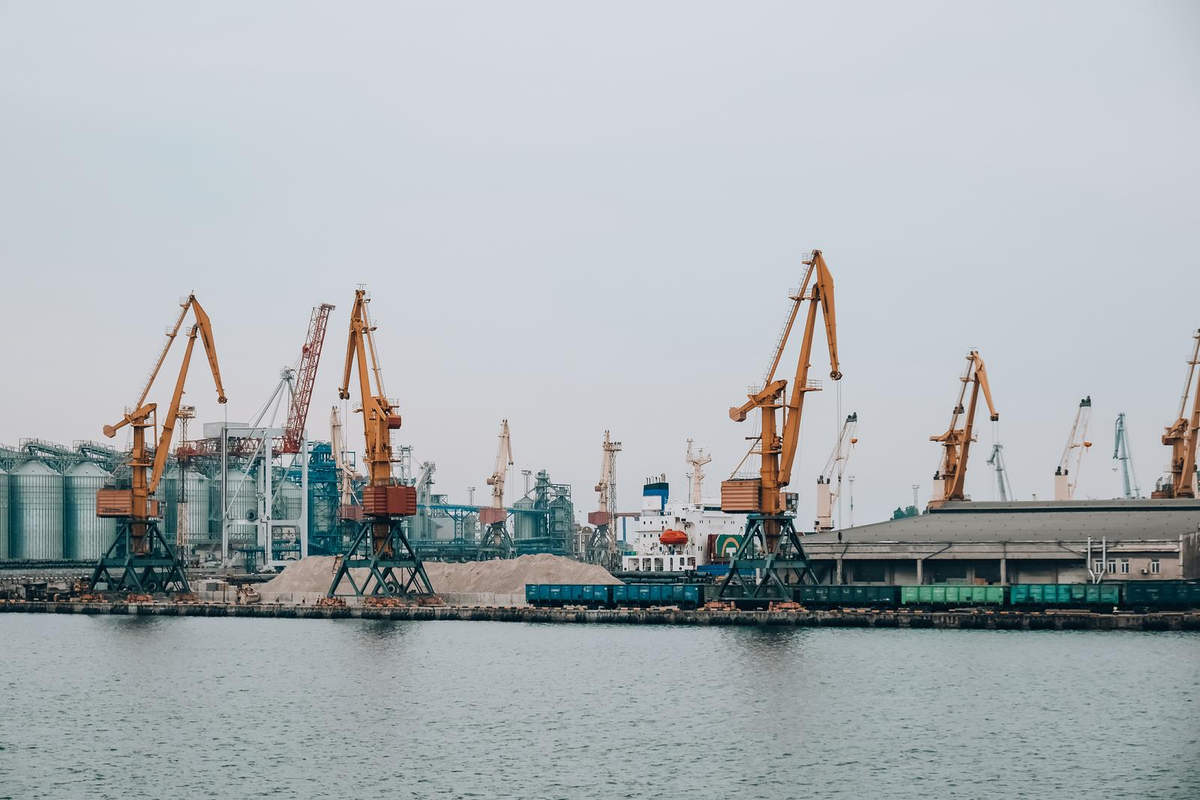In July 2022, Ukraine and Russia signed an agreement in Istanbul on grain exports to avoid food shortages. But the latest UN communiqué is disputed by Russia. Explanations.
In a press release dated January 19, 2023, the UN recalls that the agreement between the belligerents, entitled “Black Sea Grain Initiative“, has made it possible to supply the world markets with 17.8 million tons of grain and other foodstuffs. They come mainly from Ukraine and have “reached 43 countries since August, of which more than 40% are low-income countries (…). China is the first recipient of exports, Spain is the second and Turkey is the third.”
The UN adds that 100 vessels in Turkish waters, 32 of which are waiting to be inspected, the others are asking to be connected to “the initiative.” According to the UN, “The Initiative also calls for the facilitation of safe navigation for fertilizer exports, including ammonia. Negotiations on how to move ammonia through the Togliatti/Yuznhy pipeline are underway.”
“Manipulation of facts”
On January 31, 2023, the Russian Ministry of Foreign Affairs saw fit to issue a press release with highly accurate figures evoking “manipulation of the facts” by the UN, and here are the main points.
“As of January 20, 2023, within the framework of the implementation of the Black Sea Grain Initiative, 668 ships with 18,224,860 tons of food on board left the ports of Odessa, Chernomorsk and Yuzhniy. In the nomenclature of cargoes, 46.1% is feed corn, 5.9% – sunflower schrot, 5.5% – rape and other feed crops used for livestock nutrition.
Wheat accounts for only 27.57% of these deliveries, while this product is placed at the heart of the UN report. The objective is clear – to present “correct” humanitarian figures on aid to “emerging economies” (allegedly 64%), which include, for some unknown reason, countries such as Israel, South Korea and the Gulf monarchies, which clearly do not have economic development or food supply problems.”
“Only 551,527 tons (3%) were sent to the poorest countries (Somalia, Ethiopia, Yemen, Sudan, Afghanistan, Djibouti), of which 396,169 tons were transported on ships chartered by the UN World Food Program (2%). It should be noted that the share of these countries in the overall statistics is declining – in the first 120 days of the cereal initiative it was almost 4%, it is now only 3%. It is important to note that this is why the UN hastily reclassified the Black Sea initiative from “humanitarian” to “commercial” and refused to make public information on the recipients of the cargoes under the pretext of commercial secrecy.”
100 ships in Turkish waters
The Russian statement also does not confirm the UN data regarding “the alleged presence of more than 100 vessels in Turkish territorial waters related to the initiative and the average waiting time of 21 days. In reality, there are currently 64 ships docked in Ukrainian ports and inspection areas. The list that determines the order of their control and passage is established by the Ukrainian side, while Russian representatives have no influence on this.
As for the Togliatti-Odessa ammonia pipeline, “The technical capabilities to revive the pipeline are in place, and the companies operating it are ready, the Russians assure. All that is missing is the consent of Kiev, which is blocking deliveries of raw materials for fertilizer (enough to feed 200 million people), making them conditional on a whole series of political preconditions, ranging from the release of prisoners of war to assistance in selling stolen goods. The United Nations, while actively calling for an increase in Ukrainian grain exports, is inactive on this particular issue, referring to some ongoing negotiation. It is not known, however, between whom and about what, because Russian representatives do not take part in these contacts.”
“The economic interests of the West”
Conclusion of the Russian statement: “Under the guise of rhetoric about threats of famine and to global food security, this process in fact serves only the commercial interests of Ukrainians and the economic interests of Western beneficiaries, including through manipulation and distortion of the real situation relating to the response to the acute needs of Africa, Asia and Latin America.”

